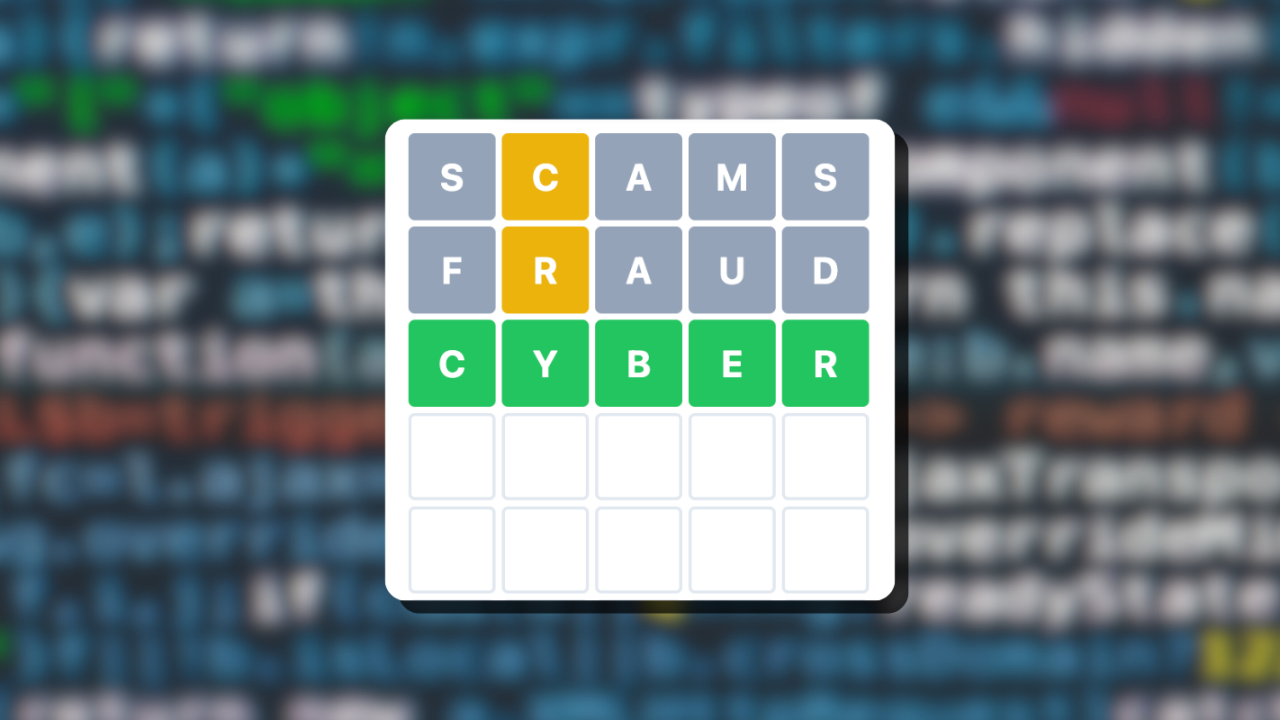Cybersecurity Awareness Month 2025
National Cybersecurity Awareness Month happens every October and is a collaboration between the government and private industry to raise awareness about digital security and empower everyone to protect personal and institutional data from digital crimes.
UC Davis Information and Educational Technology (IET) is sharing actionable steps every week and Cybersecurity WORDLE three times a week throughout October, all to help students, faculty, staff, researchers, and technology professionals keep their university and personal data safe.
Take Action to Boost Your Cybersecurity
No Tricks, Just Treats: Top Cybersecurity Takeaways
Digital safety is a daily mindset. Whether you are tidying up your digital space or enhancing your cyber safety with Duo, every move you make can help protect your information and the UC Davis community.
Key Takeaways: Follow the top security tips in the list below and make them a healthy habit throughout the academic year.
Test your Cybersecurity Awareness Month knowledge with this checklist
Tidy Up, Stay Safe: Your Digital Hygiene Action Plan
At UC Davis, students, faculty, and staff are immersed in technology-rich environments. From taking classes on Canvas and teaching in smart classrooms, to collaborating virtually with colleagues, technology has become a big part of our lives. However, when not managed properly, technology can come with even bigger risks. Practicing good digital hygiene protects your identity and data, and it can make your digital experiences more secure.
Key takeaway: Every day, we access all kinds of sensitive digital information, from financial aid records to research files. Poor digital hygiene can expose you to a variety of digital threats, including identity theft from hackers, AI enhanced phishing scams, data loss from malware, and more. Following the digital hygiene checklist in this article can help keep you and your data cyber safe!
Your Digital Armor: Duo Multifactor Authentication
One of the most common ways UC Davis students are scammed, is by approving fraudulent Duo Push notifications. Some have lost thousands of dollars! UC Davis urges all Aggies to strengthen their cybersecurity by using Duo Multifactor Authentication securely, especially passwordless options like biometrics, security keys, and Duo push while not approving Duo Push notifications not initiated by the account owner. According to Duo, when used properly, these methods can help block over 99% of account takeover attempts.
Key takeaway: Passwords or passphrases alone are not enough to protect your personal and financial information from hackers. UC Davis uses Duo Multifactor Authentication to add an extra layer of security to university accounts, websites, and services. The Information Security Office (ISO) recommends using passwordless options from Duo so you'll be protected even if a scammer tricks you into giving up your password or passphrase.
Don’t Take the Bait: Aggies’ Guide to Phishing
Phishing scams are on the rise at UC Davis. Hackers are targeting students, faculty and staff with increasingly sophisticated tactics. It is essential for all Aggies to understand phishing so that you can be better prepared to protect your identity, your data, and your personal information.
Key Takeaway: Phishing is a form of cyber fraud where attackers impersonate trusted sources. Some scams may try to impersonate UC Davis departments, professors, and even job recruiters in order to obtain sensitive information from you.










